NO WATER
NO NOTHING

España frente al agua: entre la preocupación y la inacción
El reciente estudio del Real Instituto Elcano revela una ciudadanía altamente preocupada por la sequía, pero con escasa disposición a actuar. Carlos Cosín analiza las contradicciones clave que impiden un verdadero pacto social por el agua.
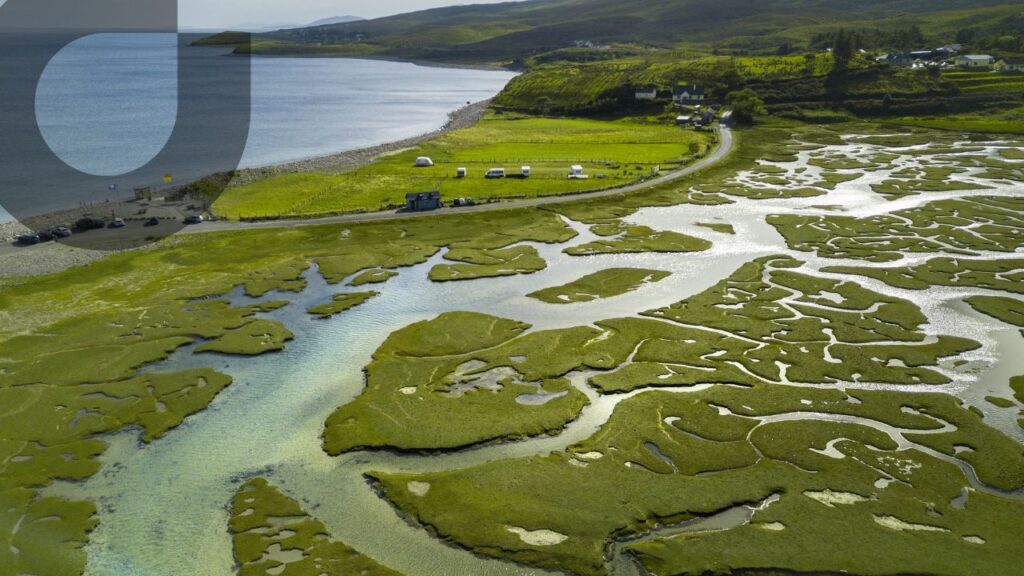
From Source to Sea: Governing the Unbroken Continuum of Water
From melting glaciers to deep oceans, water flows through a single system—yet we govern it in fragments. This article explores the growing momentum behind “source-to-sea” governance, highlighting its urgency, the lessons from Europe’s WFD and MSFD, and why integration is no longer optional. Desalination, microplastics, and nature-based solutions all show: the ocean’s future depends on freshwater decisions.
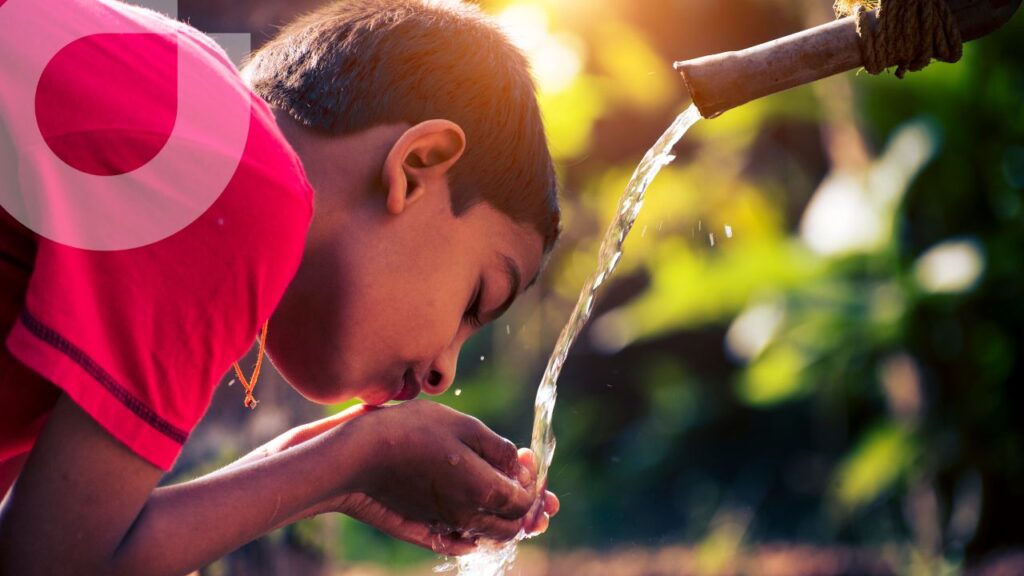
Water Crises: A Global Reality Check – Beyond Anecdotal Evidence
In 2025, water scarcity has become a global issue, affecting countries across various climates and economic levels. From urban infrastructure failure in Hyderabad, India, to excessive groundwater depletion in Tehran, Iran; from Zambia’s prolonged drought impacting food and energy security, to the Rio Grande’s decline threatening agriculture in the U.S.; and even in water-rich regions like the United Kingdom facing unprecedented dryness, the water crisis is widespread and systemic.

Toward a Water-Secure Europe: A CEO’s Perspective on the EU Water Resilience Strategy
The EU Water Resilience Strategy marks a paradigm shift in how Europe addresses its growing water challenges. In this article, I reflect on the strategic importance of water as a driver of competitiveness, climate resilience, and social equity. From nature-based solutions to digital innovation and fair pricing, the piece explores how Europe can lead globally, if it turns policy into action.

From Risk to Resilience: Rethinking Water Infrastructure in the Age of Climate Volatility
Amid escalating climate volatility, traditional water infrastructure design is increasingly outdated. This article explores how modular systems, nature-based solutions, and smart technologies can drive a shift toward hybrid, resilient, and adaptive water infrastructure. It also highlights the critical role of innovative governance, sustainable financing, and public-private partnerships in making this transition a reality.

Access to Finance: The Missing Ingredient for Scalable Water Solutions
As climate, biodiversity, and urbanization crises deepen, water is emerging as the cornerstone of resilience — yet it remains chronically underfunded. Despite its pivotal role in achieving the Sustainable Development Goals, water attracts only 3% of total climate finance, held back by fragmented projects, misaligned risk-reward models, and institutional bottlenecks.
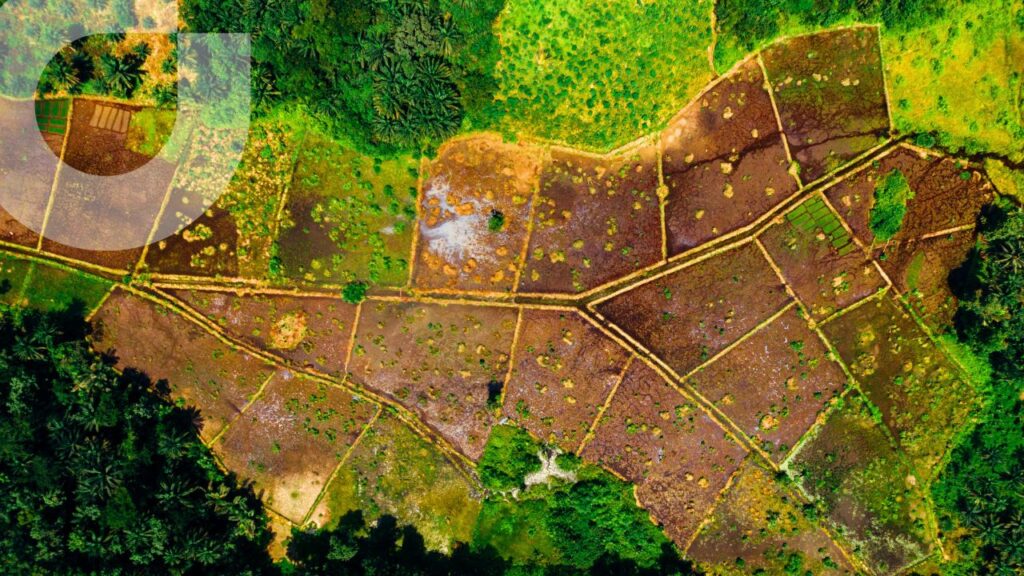
Water at the Root: Securing the World’s Food Future through Smarter Irrigation and Agricultural Water Management
Agriculture, the largest global consumer of water, stands at the epicenter of an emerging food crisis fueled by chronic underinvestment in irrigation and water management.

Chemical & Petrochemical Industries: The Untapped Potential for Sound Water Management
Chemical and petrochemical industries are often labeled as water-intensive and hard-to-abate. Yet, innovation in water reuse, AI-driven monitoring, and zero-liquid discharge systems is reshaping their future. This article explores breakthrough technologies and real-world case studies demonstrating how sustainable water management can unlock resilience, reduce risk, and drive operational efficiency across the sector.
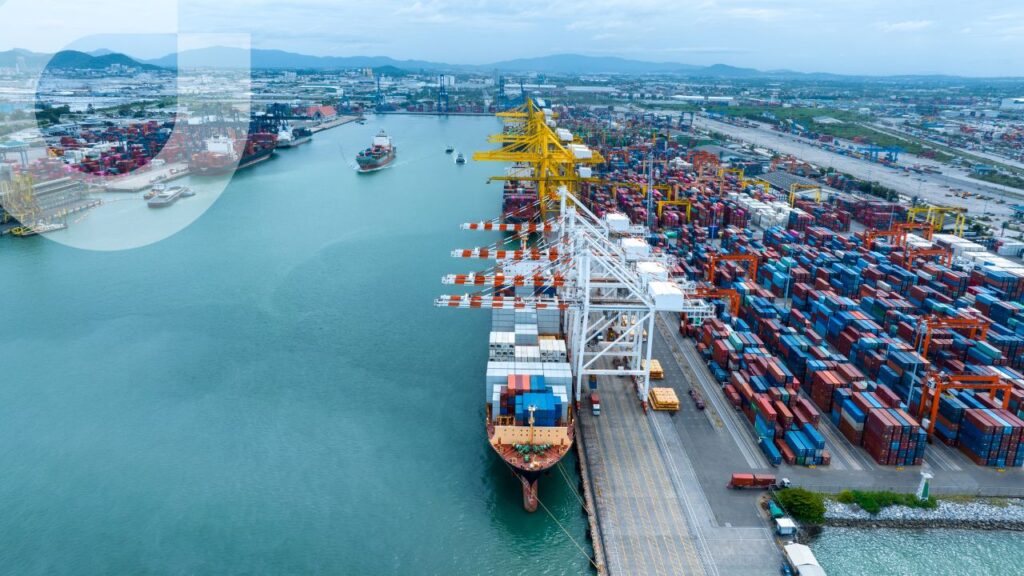
Hidden Currents: How Tariff Wars May Threaten Global Water Security
U.S. tariffs may unintentionally threaten global water security by disrupting trade flows that balance water distribution through the concept of “virtual water.” Shifts in production to water-scarce regions and reduced competitiveness of exporters could intensify water stress. To mitigate these risks, trade policies must consider water impacts and support sustainable practices.

Water and the Urban Century: Navigating Our Shared Future
As global urbanisation accelerates, water security emerges as one of the defining challenges—and opportunities—of our time. By 2050, nearly 70% of humanity will live in cities, with the most rapid growth occurring in secondary urban centres already facing acute water stress. This convergence of urban expansion and climate volatility puts immense pressure on outdated and overstretched water systems.

Water as a Strategic Driver of Competitiveness for Economies and Businesses
Water is more than a necessity—it is a strategic driver of global competitiveness. From shaping industrial productivity to influencing trade flows, water management plays a crucial role in economic resilience.

The Pivotal Role of Nature Finance in Driving Water Investments
Nature finance is reshaping water investments by aligning financial capital with sustainability. As the global water crisis intensifies, green bonds and sustainability-linked loans are driving innovation in water infrastructure and conservation. The private sector must take the lead in transforming water into a strategic and resilient asset.

Water and Climate Change Adaptation: A Two-Way Imperative
Water and climate change are deeply intertwined, shaping global challenges that demand urgent action. The Adaptation Gap Report 2024 highlights the crucial role of water governance in building climate resilience. This article explores why integrated water management must be at the heart of adaptation efforts and how countries like Chile, Indonesia, and Japan are tackling these challenges.

The Evolution of U.S. Water Policy under the new Trump Administration: Will it be a Battle Between Sustainability and Deregulation?
The inauguration of President Donald Trump in 2025 marks a turning point for U.S. water policy. With executive orders favoring large-scale infrastructure and deregulation, tensions are rising between economic priorities and sustainability efforts. This article examines the administration’s approach to water management, its implications for the Clean Water Act, the Inflation Reduction Act, and the long-term outlook for water security in the U.S.

La DANA en Valencia: Historia, impacto y lecciones aprendidas
El paso de una DANA por la Comunidad Valenciana el 29 de octubre de 2024 dejó precipitaciones históricas, agravadas por temperaturas inusualmente altas en el Mediterráneo y una planificación urbanística deficiente. Este artículo explora las vulnerabilidades históricas de la región, la insuficiencia de infraestructuras de drenaje y la necesidad de adoptar soluciones sostenibles para prevenir futuras catástrofes.

Building a Resilient Future: The Importance of Water in a Changing World
Water is one of the most strategic resources in the fight against climate change, yet its management remains reactive rather than preventive. Drawing from the World Bank’s latest report, this article examines the urgent need for investment in water infrastructure, the role of public-private partnerships, and the importance of shifting public perception toward responsible water use.

Reutilización de aguas residuales y mecanismos innovadores de financiación. Un nuevo marco regulador para promover la participación del sector privado
El agua regenerada, obtenida mediante la reutilización de aguas residuales tratadas, se ha convertido en una solución esencial para enfrentar la creciente escasez de recursos hídricos a nivel global.

Challenges and Opportunities in Water Management for Agriculture and Global Water Security
On September 23, 2024, I had the privilege of participating in a high-level discussion titled “Food and Water: Securing Vital Resources,” organized on the occasion of United Nations General Assembly (UNGA79) and New York Climate Week.

Water as a Factor of Peace. Global Agreements for Water Security
We are living in challenging times, reminiscent of the past century’s escalation into war with two world wars. Since then, the world, mainly Europe, has experienced peace and stability for over 60 years, with new generations erasing the memories of the devastating effects of those violent periods.

Act for the Environment. Water: The Key to Climate Action
We have landed on the Moon and will soon reach Mars. We can develop vaccines and antibiotics in record time, overcoming global pandemics. We have transformed how we live, work, and communicate with technologies that outpace our needs.

Enhancing Global Reach: Almar Water Solutions’ Key Agreements in the Asia-Pacific
As the CEO of Almar Water Solutions, I am delighted to share our company’s recent strategic advancements, marked by the signing of two key agreements with Aqualyng and Moya Indonesia.
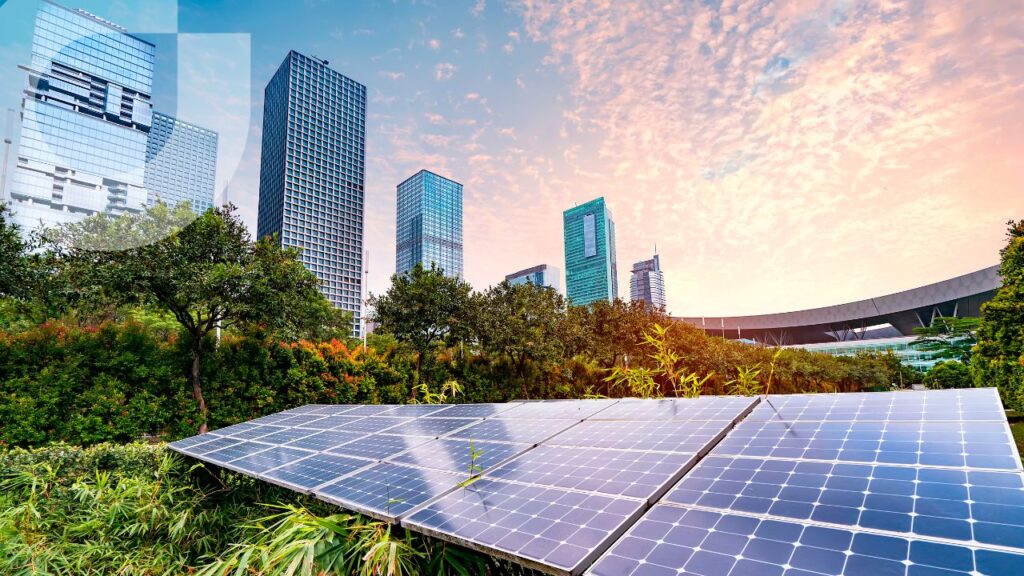
Water and Energy: An Unbreakable Nexus for the Cities of the Future
Throughout history, the role of cities has been fundamental for social, cultural, and economic development, leading to a complete transformation in how we live and interact.

The Economy as the Foundation of Society. Infrastructure and Innovation in the Water Sector
The economy is the foundation of the current life model as it is conceived in today’s global support system.

Water: A Matter of Social Justice. No One Left Behind
In 2015, a set of global goals was adopted to eradicate poverty, protect the planet, and ensure prosperity for all as part of a new sustainable development agenda.

Without water, there is no future. The central role of water in the 2030 Agenda
The 2030 Agenda emerges as a highly ambitious project with a concern for the inequality gap on the planet, posing challenges to leave no one behind while not undermining the challenges of economic development and the sustainability of our planet.

Transforming Water Supply for the Mining Sector in Northern Chile: A New Era Begins
Yesterday, we announced a significant milestone for Almar Water Solutions. After three years of development and negotiations with Antofagasta Minerals SA (AMSA), the project has reached its financial closure and construction phase for a new water infrastructure for Centinela Mining in the North of Chile.
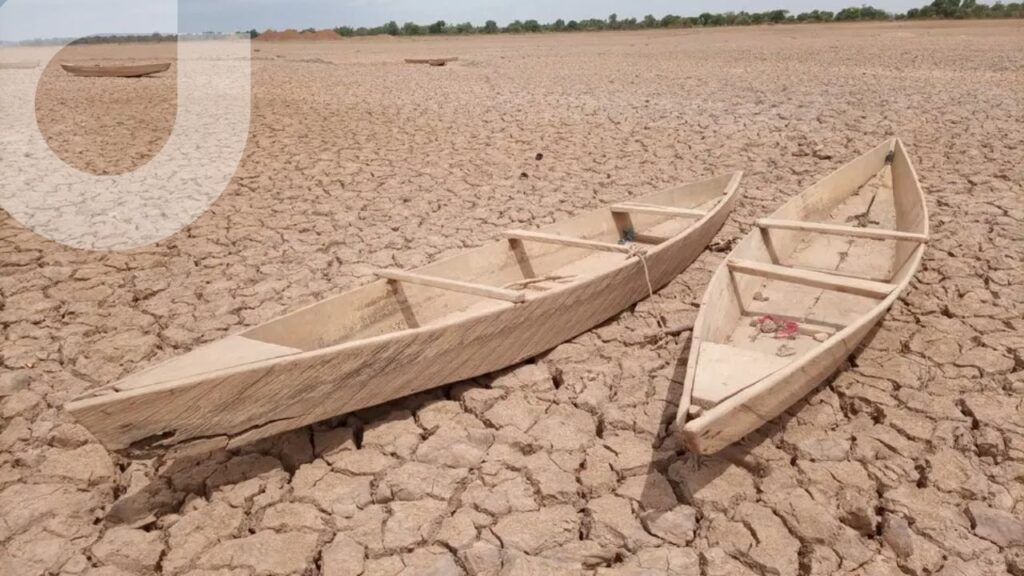
Water must be at the Center of the Global Political Agenda
Today I share with the Linkedin community my speech at the Global Water Awards 2023 Gala Dinner.
